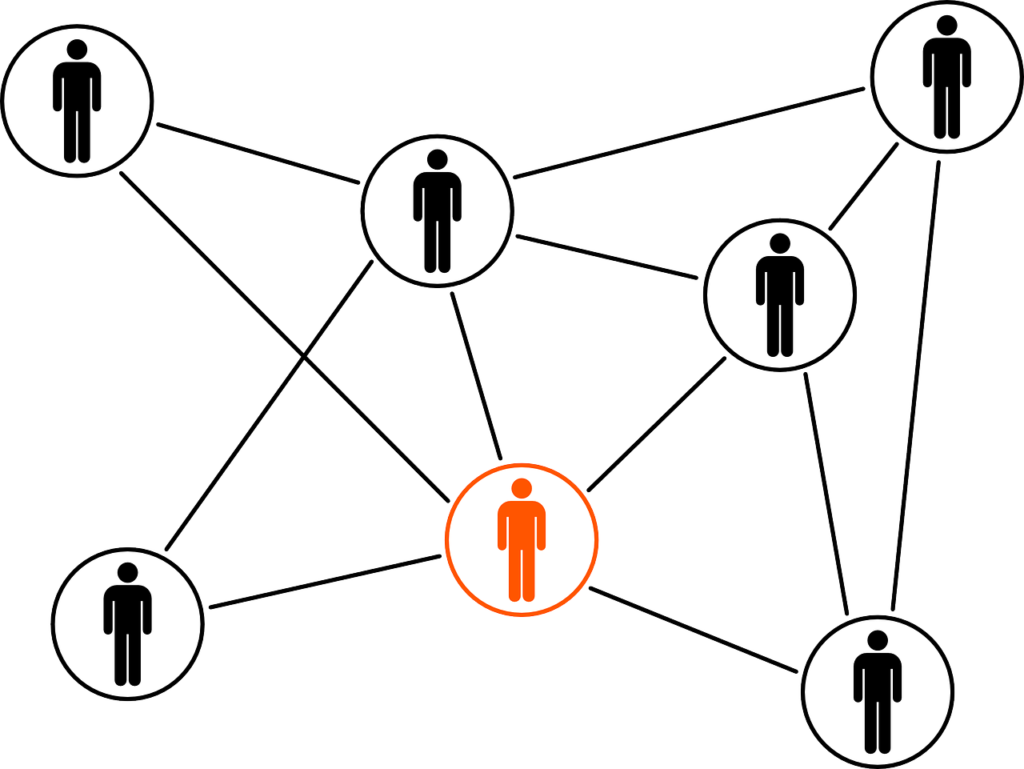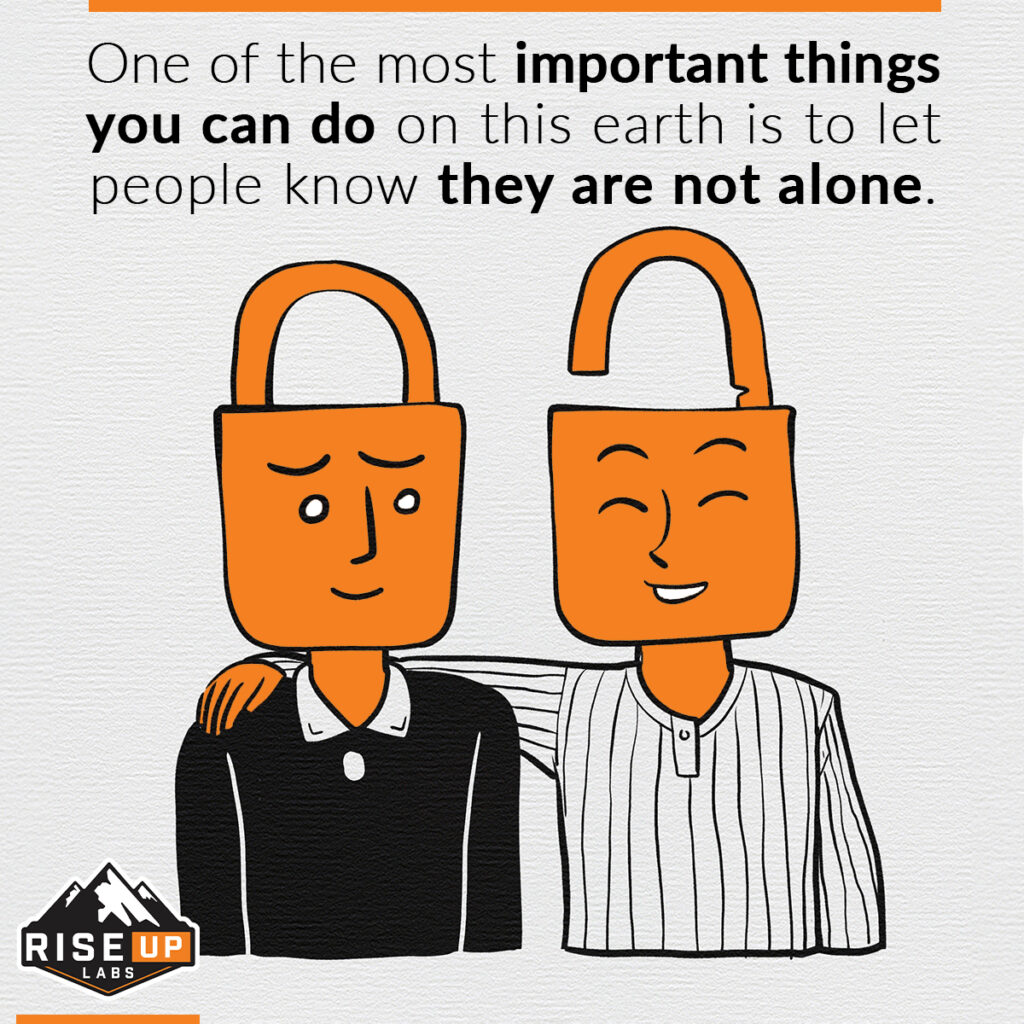It is a must to recognize that the private sector’s actors are the critical factors that collaborate to drive economic growth. It brings investment, employment, innovation, knowledge, research, and so many numerous activities to a country, or directly an industry to rise up.
In recent years, the private sector in Bangladesh has played a vital role in bringing prosperity to many industries. Such as garments, energy, agriculture, ICT and telecom, etc. changed the country’s position to the world; to some extent, it is considered a role model for developing countries.
But sadly, the gaming industry is still not recognized by the private sector as a separate industry. They used to count it a part of the IT and ITES industry. The ICT sector has a vast range of activities and prospects. The gaming industry is one of the pillars that is well established in the global market, yet neglected in Bangladesh. Though there are some success stories, the industry hasn’t got a separate industry status.

Niko Partners has been studying the Asia games market recently. There it shows that China, the largest of the gaming market in Asia, made over $33 billion in domestic games revenue in 2019. Also, it is expected to grow by $36 billion from more than 720 million gamers in the country across Mobile, PC, and Console by this year. However, the total Asia games revenue (inclusive of China, SEA, China Taiwan, India, Japan, and South Korea) to beat $65 billion in 2020 with the number of gamers reaching 1.5 billion. Unfortunately, there is no equation for Bangladesh in this regard.
So, it’s high time to separate the industry from the cave to light. It has proven sky-high potentials, and its market value totaled by the billion. Well, the industry can still be in the shadow of the ICT industry. It needs to be distinct to get government attention to make an ecosystem that will lure investors within the country and across the world.

To do this, like governments, the private sector has a significant role in taking the industry to a remarkable height. Where existing game development companies are facing many crises that need to get the higher authorities’ attention. As per the game developers of Bangladesh, the private sector needs to address some issues that can eradicate their problems and boost the industry to the next level. Here the role the private sector needs to do:
Uniting gaming companies:
It is postulated that the Bangladesh Association of Software and Information Services (BASIS) and Bangladesh Association of Call Center & Outsourcing (BACCO) are the first and second guardians of Bangladesh gaming industry consecutively. By all means, they are the principal representatives. The first work that the associations can do is uniting the existing game development companies in the country so that they have a common platform to share their activities. They can even think about making a distinct association so that they can directly negotiate their terms with the government and other related bodies for the sake of the gaming industry.
I, Ershadul Hoque, am a CEO, and Founder of Riseup Labs. I take pride in stating it as the leading technology solution and service provider company in Bangladesh. It focuses mostly on the web, mobile, VR, and simulator technologies in Bangladesh.

I believe that there are many game development companies in Bangladesh, but we do not know each other. We cannot discuss our difficulties with the government alone, which is not suitable for the industry to grow, even for the existing companies. If our mother associations (BASIS and BACCO) can bring a separate platform for us, we can grow together, which would be an excellent work for the gaming industry. We can provide international standard products.
Events for promotion:
Associations can spread local games to the international market, which is a good practice in other countries. They can take some initiatives such as special events for the gaming industry, where local and foreign investors will visit and share experiences. They can even arrange B2B meetings with other countries so that both sectors can be developed and profit.
Encouraging local investors:
Currently, local investors are not keen to invest in the gaming industry as they find their interests in other components of ICT and telecom sector. But If they start believing in gaming, the industry can make billions and invest in local companies to create an ecosystem for the industry. Seeing the investment culture, foreign investors will be inspired.

I believe, if we do not invest in our own companies to grow up, why will the foreigners? This is very sad that local investors do not value the gaming industry as they might not understand its market potentials. But if we look at the history of giant companies, they have got massive support from their countrymen at the beginning. It helped them to make their position that they have today”.
He urged local investors to learn the market and invest in it to the international level.
Knowledge sharing:
Many government bodies and investors have no idea about the gaming industry or how it can earn a billion dollars from a single product. Even those who know this sector very well, expect quick profit in returning their investment which is not wise. A successful outcome can bring a vast profit, but at the same time, a product can count loss. So, an investor has to be ready to take failure, and that’s why it needs a long-term plan. And this kind of puzzled situation arises for the lack of knowledge sharing. In this case, associations can arrange development events like conferences, seminars, webinars, etc. to transfer the knowledge towards stakeholders.

Marketing local products:
The fate of a successful game depends on its marketing. It costs enormous, which might not be possible for small developers. So, the marketing and promotion of local products is the key to the gaming industry. The private sector has the central part of doing it in the primary step. If we look at giant gaming companies, such as Disney, Sony Computer Entertainment, or Nintendo, spend millions of dollars a day marketing their products on special occasions like Christmas. But as Bangladeshi companies are small and have budget limitations, they need help from selling their products. The government, in association with the private sector, can boost up local products in their channels.
Carrying local companies to global events:
Many special events are happening in gaming around the world. Still, the local companies have very few chances to participate, as they have a financial crisis and visa complications. But if associations can take the responsibility to solve this issue so that local companies get benefited.
“If we could join global gaming events, we would have learned a lot about international companies. Like their works, potentially creating partnership opportunities as the giant companies outsource work. But we do not get the opportunity easily.” If BASIS and BACCO took the lead and took 20 staff from local companies in each the event, we could have liaised with the latest 20 companies, and that how our work and reach could be known to them.”

Promoting e-sports:
With the advancement of technology, esports become very popular in many parts of the world. The global esports revenues will exceed $1 billion in 2020 without counting broadcasting platform revenues, according to market researcher Newzoo. However, in Bangladesh, any initiative yet to be taken to explore the market, though, Virtual Reality (VR) and Augmented Reality (AR) have started hitting the market. Private bodies like BASIS and BACCO should start exploring the market as most of the Bangladeshi enjoy sports.
Conclusion:
Game development is an art.
Adding technology, visuals and minds to it are the main parts of it. This is the chief job of a game developer.
